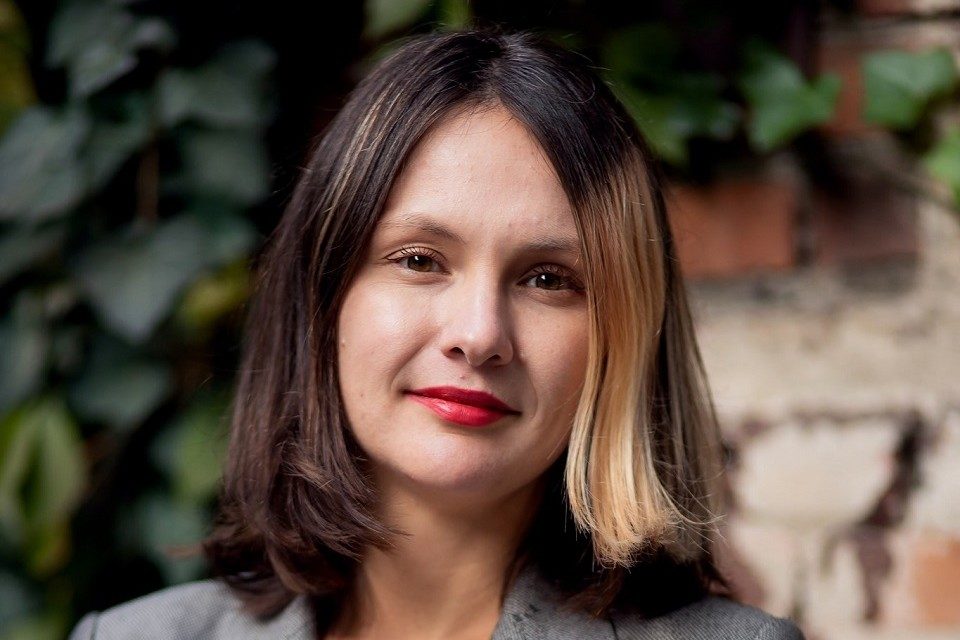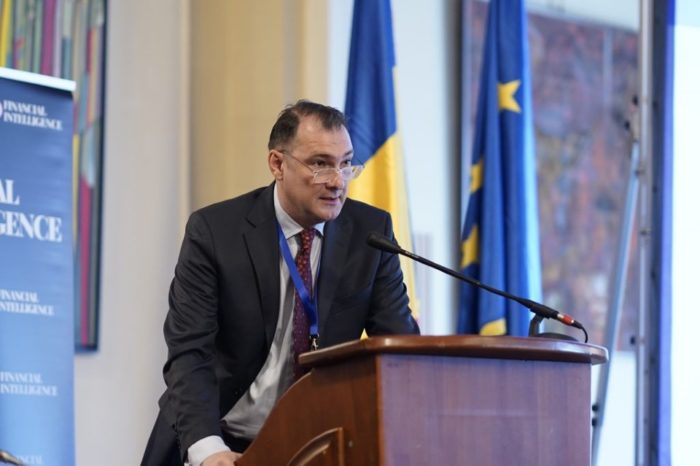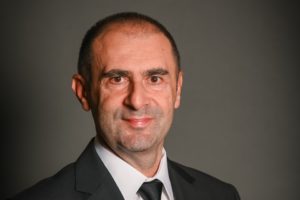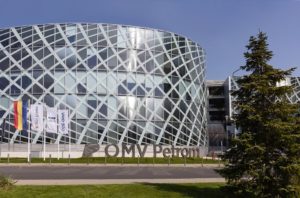Corina Murafa, ORSE expert: Romania has European funds of billions of euros at its disposal to reduce energy poverty

In the coming years, Romania has at its disposal unprecedented European funds of billions of euros for the transition to an energy sector with low emissions. If the transition will not be easily understood and accessed by ordinary citizens and small businesses, the backbone of the economy, the whole decarbonization effort will return like a boomerang in front of the pro-European elites. Whoever plays with this money, without having the millions of Romanians in energy poverty at the center of their concerns, is playing with fire.
In Romania in 2023, almost half of the country’s population still uses wood for heating. In rural homes, the percentage is 80%, usually in old and energy-inefficient stoves with an efficiency of 15%, which means that 85% of the calorific energy of the wood is lost. At the same time, in Romania today, the thermal energy rehabilitation rate of buildings is very low, although 8 out of 10 buildings need energy renovation, being old and energy inefficient. Several tens of thousands of households in Romania are in an unimaginable situation: they do not even have access to electricity, a minimal need without which we cannot imagine life today.
Romania must use the billions of euros intended for the green transition to solve the deep causes of energy poverty. These funds must be used to bring light to homes without electricity, to restore heating systems and to rehabilitate inefficient buildings, especially in rural areas, where we have the highest rate of energy poverty.
Energy is a basic need. The poorest consumers prefer to put less food on the table, but not stay in the dark or cold. There are statistics that show this. Due to increasingly frequent heat waves, energy is also becoming a necessity for cooling homes. As the Romanian Observatory of Energy Poverty (ORSE) has drawn attention, summer energy poverty is a growing phenomenon, affecting especially the elderly, children and generally people with low incomes living in poorly insulated housing.
All these complex factors that lead to vulnerability or energy poverty must be analysed with responsibility by the state institutions, so that in a crisis the solutions are no longer subsidies for everyone, a much too expensive treatment. The system of capping – compensation of energy prices cost 18.7 billion lei until August. This in the conditions where, at the macro level, we have a budget deficit of 38.6 billion lei in the first seven months of the year. To cover the budget deficit, new tax increases are now waiting for us, which will fall on the citizens, among whom are the beneficiaries of capping-compensation – a vicious chain. So, we can no longer cover some big bills permanently, without looking at the condition of the homes and the real needs of the consumers, without seeing what the respective home could do to reduce its energy costs, including accessing clean energy sources , such as photovoltaic panels or heat pumps.
The revision of the energy price capping and compensation scheme is imperative. It would give us the opportunity to define the vulnerable consumer properly, in a complex way, not just according to some arbitrarily set income thresholds, as now. The fact that we don’t have a correct definition has led us to the current situation where all consumers, regardless of income, are protected. Energy vulnerability depends on income, but also on housing condition and energy costs, age, and health. In addition, energy poverty must be assessed in a dynamic manner, as it may be a temporary condition. Let’s take the case of an elderly person from Bucharest during the summer, when RADET did not provide hot water and it was 40 degrees outside. This person had to heat his water with an electric boiler and use the air conditioner to ensure a comfortable temperature in his home to protect his health. She is not in energy vulnerability, if we apply the definition in the law, but she can temporarily enter such a situation, due to such circumstances. And normally, if we apply the European definitions, it should be supported.
Therefore, we urgently need a national strategy to combat energy poverty, an obligation provided for since 2012 in the Energy Law. It’s 2023, 11 years later, and the strategy doesn’t exist. This national plan must contain measures to solve the causes of energy poverty. Among the solutions, we can use loans with preferential interest so that Romanians can thermally rehabilitate their homes, replace their current old stoves with energy efficient ones, install solar panels, photovoltaics, and heat pumps. Given that only 3% of rural homes have been renovated so far, it is necessary to have a thermal energy rehabilitation program that addresses individual homes, especially those in rural areas. These are systemic, structural measures that can make a difference not only in the short term, but also in the medium and long term in support of vulnerable consumers.
Finally, we must educate the consumer on how to monitor their consumption, how to use energy more efficiently and what financing solutions are available. Through ORSE, we have started to collaborate with municipalities in Romania to create one-stop shops, where consumers, especially vulnerable ones, can submit bills, income data, housing status and receive advice from civil servants on how to access certain programs. financing. So, there are a lot of solutions.
The crisis is not over. New winters await us ahead, and in the middle is the life of the people around us, perhaps our grandparents, parents, neighbours, or friends.















